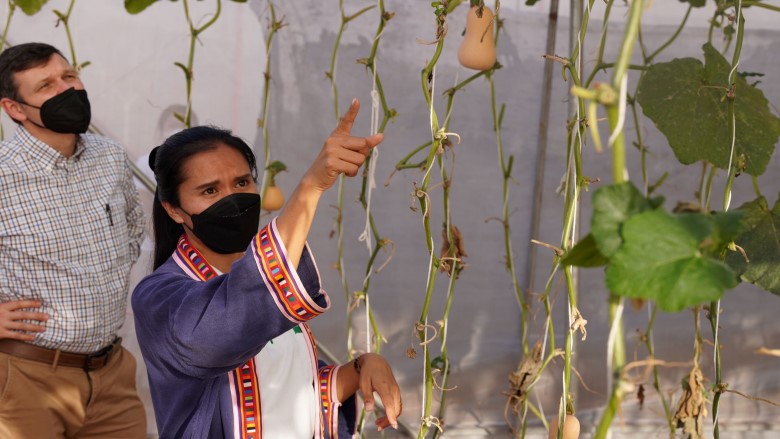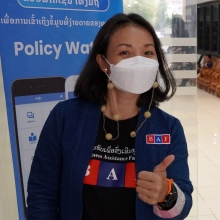Gender equality is central to the World Bank Group's goals of ending extreme poverty and boosting shared prosperity in a sustainable manner. As part of the strategy, the World Bank pays particular attention to incorporate gender into project design and implementation. The Lao PDR Competitiveness and Trade Project is an example of a project that makes a deliberate effort to include gender across its structure, implementation, and monitoring and evaluation. In so doing, it views gender consideration as not just a box to tick, but rather as a core topic within analysis, activities, and indicators.
The Competitiveness and Trade Project which began in 2018 and was scaled up in 2021, works to simplify business regulations, facilitate trade, and improve firm-level competitiveness in Laos, and is being implemented by the Lao Ministry of Industry and Commerce. It is financed through a $10 million International Development Assistance credit and a $9.5 million grant through the Lao Competitiveness and Trade Multi-Donor Trust Fund, which is administered by the World Bank and supported by Australia, Ireland, and the United States.
Gender mainstreaming started on day one of project conception. The analytics that informed its design explored the specific trade and competitiveness barriers faced by women-led firms in Laos, including small business size, poor capacity, limited access to finance and markets, and the lack of clear formal channels for official authorization. The project activities were designed to address those barriers, including through gender-sensitive awareness-raising on trade and business reforms, plus rules and regulations, capacity building for counterparts and beneficiaries, gender-sensitive access to finance and business advice, and public-private dialogue. To measure progress, the results framework incorporates gender-sensitive indicators.


